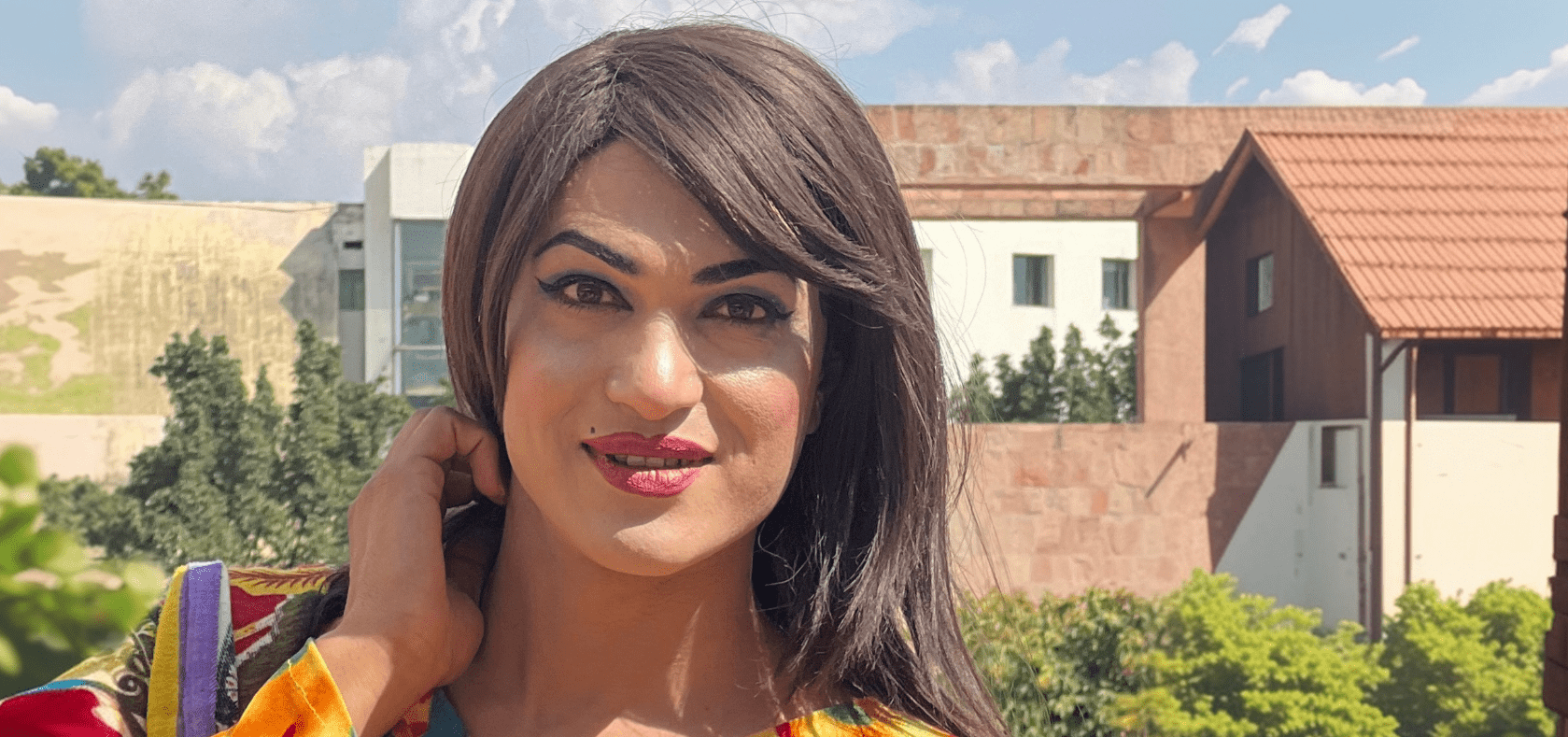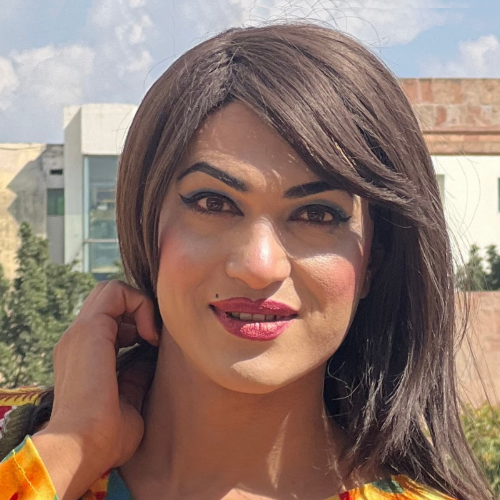Beijing+30 Youth Blog: Keeping up the struggle for gender equality in conservative Pakistan
Date:
Author: Namkeen Peshawri

In Khyber Pakhtunkhwa in Pakistan, where traditional gender roles and norms are deeply entrenched, achieving gender equality remains a formidable challenge. As a transgender woman living in this province, I am acutely aware of the struggles that women and transgender individuals face daily.
The conservative social and cultural fabric often acts as a barrier to the progress envisioned in the Beijing Declaration and Platform for Action. Women and transgender individuals here face unique challenges, including limited access to education, health care and employment, as well as persistent threats of violence and discrimination.
The Transgender Persons (Protection of Rights) Act of 2018 was a significant step forward, but its implementation in conservative regions like Khyber Pakhtunkhwa is far from satisfactory. Many transgender individuals continue to live in fear of violence, rejection and economic hardship. The social stigma associated with being transgender is compounded by the lack of enforcement of the law and the deep-rooted patriarchal norms.
Our struggles are rarely acknowledged, and our voices are seldom heard in policy discussions. The issues that matter most to me — such as the right to live free from violence, access to education and health care, and economic empowerment — are only partially reflected in the Beijing Declaration. The declaration does not fully address the specific challenges faced by transgender women in conservative societies.
The Beijing Declaration and Platform for Action is crucial in setting global standards for gender equality. However, for these standards to be meaningful in regions like Khyber Pakhtunkhwa, they must be adapted to local contexts. This means recognizing the unique experiences of transgender individuals and ensuring that our rights are protected alongside those of cisgender women.
To advance gender equality and women’s rights, especially in the conservative regions, I recommend that the Government:
- Ensure that the provisions of the Transgender Persons Act are fully implemented. This includes training law enforcement officials, providing legal aid to transgender individuals, and establishing mechanisms to monitor compliance.
- Develop and implement education programmes that are inclusive of all genders, including transgender students. Schools and colleges should be safe spaces where transgender individuals can pursue their education without fear of discrimination or harassment.
- Launch targeted economic empowerment programmes for transgender individuals. These programmes should focus on providing vocational training, access to microfinance, and support for entrepreneurship, to help transgender individuals achieve financial independence.
- Conduct nationwide public awareness campaigns to challenge social norms and stereotypes that perpetuate discrimination against transgender individuals. These campaigns should highlight the contributions of transgender people to society and promote a culture of respect.
- Ensure that transgender individuals have equal access to health-care services, including gender-affirming care. Health-care providers should be trained to provide non-discriminatory and sensitive care to transgender patients.
Biography:

Namkeen Peshawri is a transgender rights activist in Khyber Pakhtunkhwa, Pakistan. She has over 10 years of experience in advocating for human rights, gender equality and social Inclusion, the implementation of the Transgender Persons Act 2018, and the inclusion and protection of marginalized communities.
